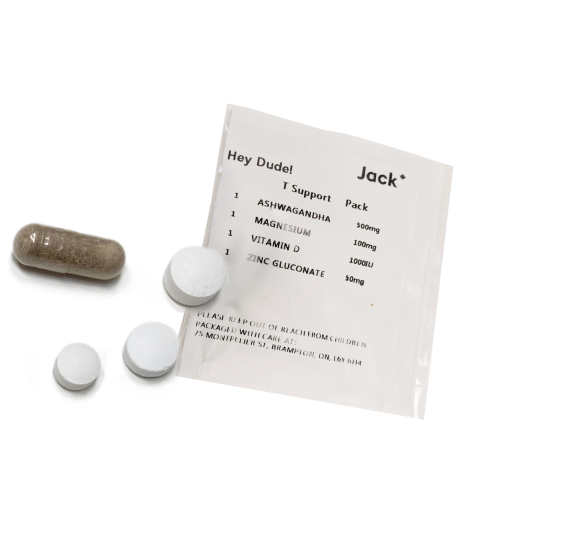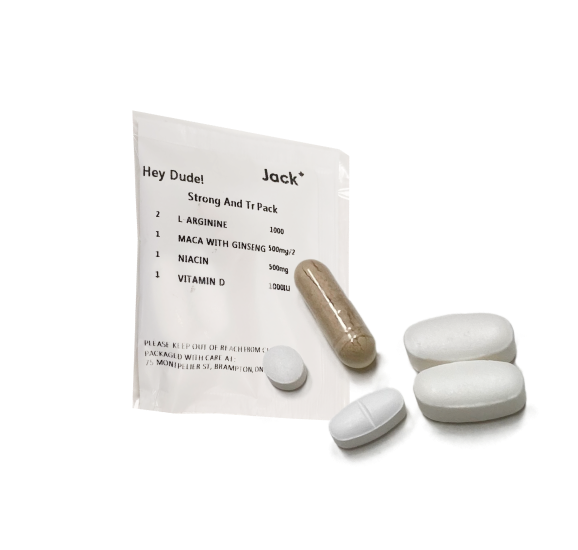Testosterone Replacement Therapy (TRT) offers the potential to enhance vitality, libido, and overall well-being, making it a favored option for men experiencing low testosterone levels (low T). Yet, as TRT gains traction, there’s growing scrutiny over its effects on male fertility.
With an increasing number of men turning to TRT to alleviate symptoms of low T, it’s crucial to explore how TRT interacts with fertility. This article aims to clarify the link between TRT and male reproductive health, presenting research-backed information and dispelling common myths.
What is Testosterone Replacement Therapy (TRT)?
Testosterone Replacement Therapy (TRT) is a treatment aimed at men with low testosterone levels. This therapy uses various forms, such as injections, gels, or patches, to restore normal testosterone in the body.
How Does TRT Work?
TRT works by administering testosterone to increase the hormone’s levels in the body, aiming to balance and optimize the overall hormone levels and address symptoms associated with testosterone deficiency.
Essentially, TRT supplies the body with the testosterone necessary for its optimal functioning. Testosterone plays a crucial role as the main androgen in both males and females, influencing a wide array of biological processes vital for health and longevity.
For instance, a deficiency in testosterone is linked with a higher risk of developing conditions such as type-2 diabetes, metabolic syndrome, and cardiovascular diseases, among other serious health issues.
Moreover, low testosterone levels can significantly challenge the building and maintaining of muscle mass. This is because testosterone is a key anabolic hormone that directly affects muscle protein synthesis.
Naturally, if the body isn’t producing sufficient testosterone, health declines until the problem is addressed. Therefore, TRT aims to restore testosterone levels to a normal range, gradually alleviating the symptoms associated with low testosterone.
After establishing a consistent baseline dosage of testosterone through TRT, many men report experiencing enhanced energy, vitality, and overall life quality. However, TRT is not an instant solution; it may take 1-2 months before some men begin to observe the positive effects.
The Connection Between TRT and Men's Fertility
While it’s commonly thought that increasing testosterone levels through Testosterone Replacement Therapy (TRT) might also boost fertility, the actual outcome is quite the contrary. In fact, TRT is known to decrease sperm count and adversely affect fertility.
This treatment introduces exogenous (external) testosterone into the body, elevating blood testosterone levels but not affecting testosterone levels within the testes, which are crucial for sperm production. Consequently, even with normalized blood testosterone levels, low testicular testosterone can result in reduced sperm count.
While exploring TRT’s impact on fertility, it’s equally important to be aware of the broader spectrum of side effects associated with testosterone replacement therapy. Understanding these can help you make informed decisions about your health.
Moreover, TRT can lead to a further decline in sperm count by suppressing the body’s natural (endogenous) testosterone production.
This happens through a feedback mechanism where serum testosterone regulates the brain’s production of LH (Luteinizing Hormone), FSH (Follicle Stimulating Hormone), and GnRH (Gonadotropin-Releasing Hormone).
Adequate serum testosterone levels signal the brain that no more LH, FSH, or GnRH is needed, leading to a decrease in these hormones’ production.
With lower LH, the testes receive no prompt to produce testosterone, leading to a drop in testicular testosterone levels.
Research indicates that men on TRT often experience LH and FSH levels that are less than half their initial values, thereby impairing sperm production and fertility.
Due to its negative impact on fertility, exogenous testosterone is sometimes considered a form of male contraception.
If you’re considering TRT but also wish to have children soon, it’s crucial to discuss your intentions with your doctor. They can guide you towards alternatives that preserve fertility while addressing your health needs.
Effects of TRT on Sperm Production
The pituitary gland produces follicle stimulating hormone (FSH) and luteinizing hormone (LH). LH stimulates the testes to release testosterone. When in balance, testosterone works with follicle stimulating hormone (FSH) to help generate sperm.
Managing Low Testosterone Levels While Preserving Sperm Production
For individuals experiencing low testosterone symptoms who also wish to maintain sperm production, selecting treatments that safeguard testicular sperm production is crucial. Clomiphene citrate and human chorionic gonadotropin (hCG) are the foremost medications known to support this goal.
Clomiphene citrate, a pill taken every other day, activates the pituitary gland to produce more LH, which in turn encourages the testes to generate more testosterone and, subsequently, more sperm. hCG, administered as a thrice-weekly subcutaneous injection, acts directly as LH, signaling the testes to increase testosterone output, which can lead to enhanced sperm production.
Another potential option is Natesto, a testosterone nasal gel, which, while it does raise testosterone levels in the blood, has been shown in studies to cause less suppression of FSH and LH due to its short-acting nature, thereby preserving some sperm production. Consulting with a healthcare provider who specializes in this area is the most effective strategy to determine the most suitable treatment approach for your specific needs.
How to Maintain Fertility on TRT
To preserve your fertility while on Testosterone Replacement Therapy (TRT), here’s what you should consider:
Seek Guidance from a Healthcare Expert
Low testosterone (Low T) isn’t a direct cause of infertility. Many men with low serum testosterone levels are still capable of fathering children due to sufficient testicular testosterone and sperm production. Therefore, if you’re contemplating TRT but also planning to start or expand your family, consult with your doctor.
It’s crucial to discuss whether to initiate TRT or attempt pregnancy first. If you choose to proceed with TRT, explore strategies to preserve your fertility. A knowledgeable healthcare professional can offer tailored advice and create a customized plan to meet your unique needs.
Explore hCG Supplementation
Human chorionic gonadotropin (hCG), often associated with pregnancy, shares structural similarities with Luteinizing Hormone (LH) and binds to the same receptors.
This similarity allows hCG to replicate LH’s functions, supporting testosterone and sperm production in men. Health Canada has approved hCG for treating male infertility and other conditions, making it a viable option for stimulating sperm and testosterone production.
Consider Sperm Preservation
Sperm freezing is an effective method to safeguard your fertility. This straightforward procedure involves analyzing your semen to select healthy sperm for cryopreservation in liquid nitrogen.
These frozen sperm can be utilized for In Vitro Fertilization (IVF), where they’re combined with an egg outside the body, and the resulting embryo is implanted into the uterus. Frozen sperm can remain viable for many years, providing a long-term solution for family planning.
Monitor Hormone Levels Regularly
Keeping track of key hormones like testosterone, FSH, and LH is essential for maintaining hormonal balance and making necessary adjustments. Hormone levels can be conveniently checked through blood tests, which are available for at-home collection, ensuring you can easily monitor your hormonal health.
Benefits of TRT for Men
Restoration of Normal Testosterone Levels
Restoring normal testosterone levels can enhance a man’s quality of life, improve mood, and increase muscle mass.
Improvement in Muscle Mass and Strength
Men may notice an improvement in muscle mass and strength, contributing to better physical health.
Enhanced Libido and Sexual Function
TRT can boost libido and sexual function, addressing issues like erectile dysfunction.
Boost in Energy and Vitality
Restoring testosterone levels can reduce fatigue and increase overall energy and vitality.
Reduction of Fatigue and Improvement in Mood
Men on TRT often experience a decrease in depression and improvement in mood, counteracting the effects of low testosterone.
Considering the potential benefits of TRT, it’s also crucial to understand the financial aspect of undergoing testosterone replacement therapy. This guide provides a comprehensive overview of what you can expect in terms of costs.”
Key Takeaways
- TRT can enhance general well-being but may negatively impact male fertility: Despite the benefits of Testosterone Replacement Therapy (TRT) in boosting vitality, libido, and overall health for men with low testosterone, it’s important to recognize its potential adverse effects on sperm production and fertility.
- Understanding the biological workings of TRT: TRT increases blood testosterone levels through external means but does not enhance testosterone in the testes, which is essential for sperm production. This discrepancy can lead to reduced sperm count and fertility challenges.
- Alternative treatments for preserving fertility: For those wishing to maintain fertility while addressing low testosterone, medications like clomiphene citrate and human chorionic gonadotropin (hCG), or using testosterone nasal gel like Natesto, offer paths that might safeguard sperm production. Consulting with a healthcare provider specializing in male reproductive health is vital to navigating these options.
- Proactive measures to maintain fertility on TRT: Engaging with a knowledgeable healthcare professional, considering hCG supplementation, exploring sperm preservation techniques, and regularly monitoring hormone levels are key strategies for men seeking to balance the benefits of TRT with the desire for fertility.
Frequently Asked Questions
Is the Impact of TRT On Fertility Permanent?
TRT-induced infertility is mostly temporary. You can reverse it by stopping testosterone administration. Your intratesticular testosterone levels will start rising again, which can take anywhere from months to years, depending on the duration of your treatment and the amount of testosterone you used during it.
How Long After Stopping TRT Does Sperm Count Increase?
Studies have found that most men who stop taking TRT will have normal sperm analyses within 6–9 months of stopping TRT treatment. In rare cases, it may take up to two years for sperm counts to get back to baseline levels
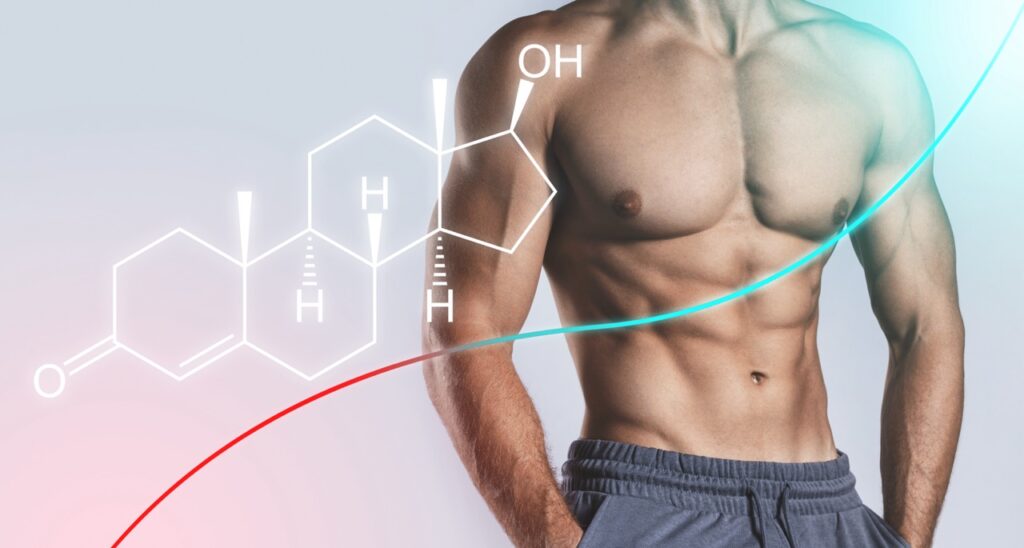




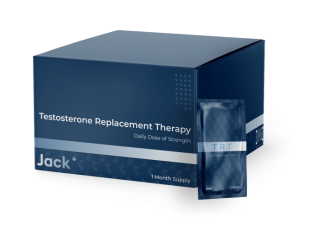
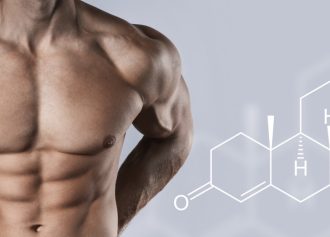
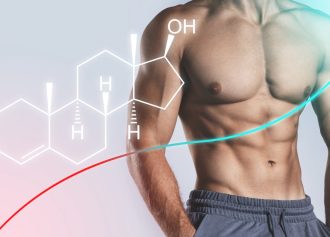
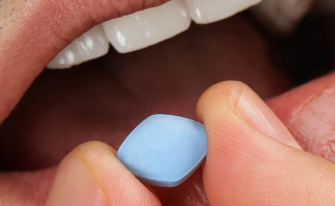






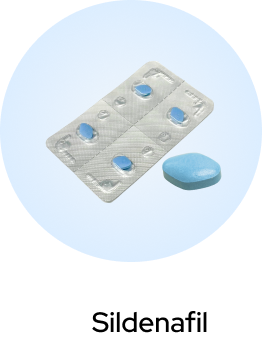
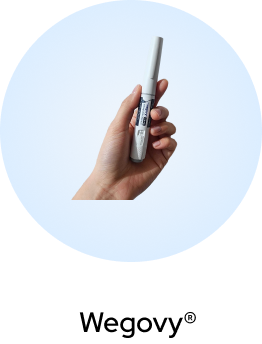
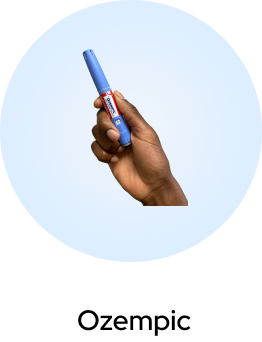


 (US)
(US)
